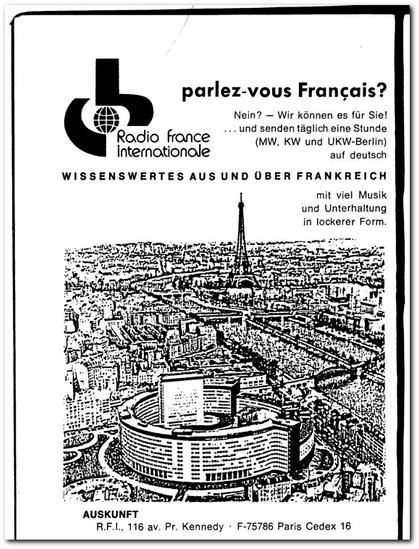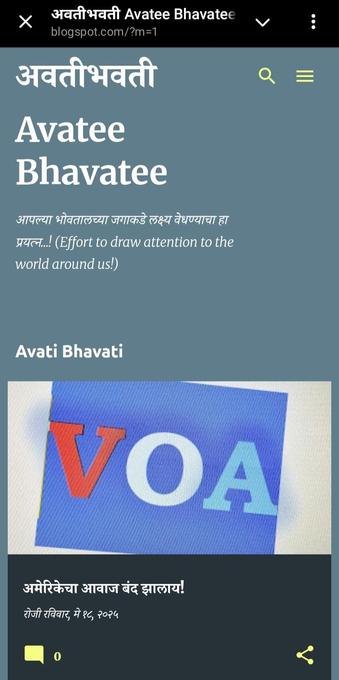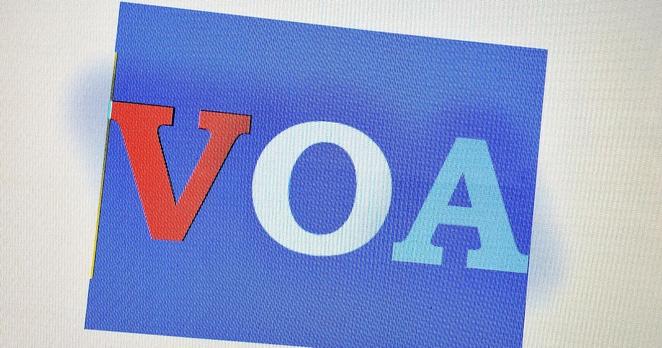Global Broadcasting: On Facebook
Brazil
Radio Nacional Amazonica carried a Spanish program this morning during the last quarter of an hour before 02:00 UTC, but nothing in English. Reception on 11.780 kHz was poor, and impossible on 6.180 kHz. That’s not usually the case, so I suppose that propagation wasn’t really good this morning.
The transmitter on 11780 kHz went off air shortly after 02:00 UTC
France
Nathalie Sonnac, Professor of Information and Communication Sciences at Paris-Panthéon-Assas University, makes a case for reform of France TV, Radio France, and INA. Reform would apparently make sense, but when you look at how French politicians handle the country’s public media, it may not be surprising that public-media advocates distrust every move politics makes.
Germany’s, Switzerland’s & the West’s foreign broadcasting
International news services of the kind that took off in the 1930s as shortwave radio stations are now past their „golden age“, Katy Romy, in a report for Swiss Info, quotes Andrew Robotham, a researcher and lecturer at the Academy of Journalism and Media at the University of Neuchâtel. Robotham also explains why:
States are increasingly relying on social networks and institutional communication. This means they can do without journalists, which are expensive as well as critical.
But in terms of budget, Romy writes,
Deutsche Welle stands out in the Western world. The German government allocated an additional €15 millionExternal link (CHF14 million) to its international broadcasting service in its 2025 budget.
Don’t get this wrong though: Deutsche Welle’s shortwave service has become non-existent. This is what is left:
- in Amharic, daily, 16:00 to 17:00 UTC on 15275 and 17800 kHz and
- in Arabic, on the same frequencies, but only on Wednesdays from 12:15 to 13:00 UTC and from 18:30 to 19:15 UTC
Of course, you can listen to radio programs „on Facebook“. 🤦
#Brazil #foreignRadio #France #Germany #internet #shortwave #VoiceOfAmerica





